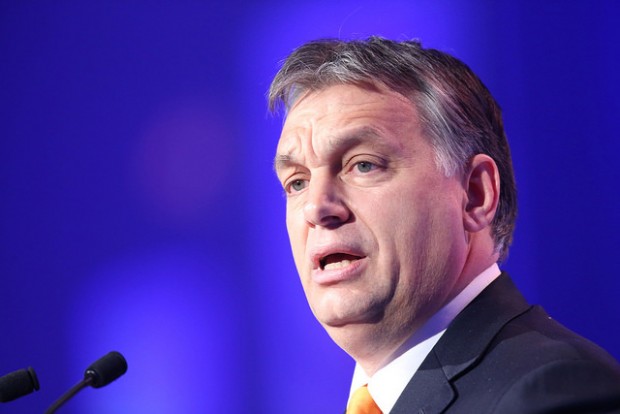[vc_row][vc_column][vc_single_image image=”60471″ img_size=”full” add_caption=”yes”][vc_column_text]As coronavirus spreads across Europe so too do issues surrounding the transparency and accuracy of information on it. This is deeply troubling given the importance of reliable information about the pandemic. So what exactly are the main roadblocks to accurate facts? Here are the key trends when it comes to coronavirus and free expression in Europe.
Scapegoating
Scapegoating, an unhelpful habit historically used by Russian propagandists to foist blame onto their Cold War opponents, is now being used to suggest that coronavirus may have been brewed in a lab by the Americans in order to cripple the Chinese economy. This is one of many bizarre theories that were spread among the Russian population in a bid to confuse and distract.
Another form of scapegoating has reared its head in France, in particular, in the form of racism against people with Asian heritage. There have been reports of French-Asians suffering racist abuse on the streets, public transport and in school. This has also been an issue in the USA, where President Donald Trump angered Chinese authorities by referring to coronavirus as the “Chinese Virus”.
Criminalisation of “fake news”
In the USA, the term “fake news” can easily be used to discredit accurate reporting that Trump doesn’t like, which is why the criminalisation of news designated as “fake” by world leaders generally is so dangerous. Hungary’s parliament has passed a law to let Prime Minister Viktor Orban rule by decree for an indefinite period of time, and the state has the power to imprison people considered to have spread false information – aka “fake news” – about coronavirus.
This trend is present elsewhere in Europe as governments attempt to control information on coronavirus. Patrick Sensburg, a member of the ruling party in Germany, said in an interview that the government should consider “ratcheting up statutory offenses” to penalise those spreading news considered fake by the state.
Republika Srpska, one of the two entities of Bosnia and Herzegovina, has also introduced fines for publishing false news and allegations that “cause panic and fear among citizens” in the mainstream press and social media.
Opaque about the figures
While high numbers of recorded cases and deaths from coronavirus are something every country would rather avoid, transparency is key to members of the public being fully informed and understanding the risks. According to the Financial Times, Kim Jong Un has publicly denied any cases in North Korea while at the same time quietly soliciting aid from abroad. In Europe, Turkey has displayed signs of being unwilling to disclose accurate figures. On 23 March, after data showed fewer and fewer people were being tested over successive days, possibly to reduce the number of cases on record, the Turkish Medical Association urged the Turkish government to test more people. They believe the government figures may be propaganda, designed to flatter the state’s control of the situation, which a doctor, speaking anonymously, claimed was in fact “out of control”.
Ill-informed leaders
At a time of a global pandemic, world leaders would serve their citizens best by bowing to the greater wisdom of medical experts. Unfortunately, some European leaders have appointed themselves as “experts” in the field of cures for coronavirus, an unfortunate echo of leaders who made false claims about cures for Aids when it swept through Africa. Speaking on state television for instance, President Alexander Lukashenko of Belarus claimed that people in the countryside should continue working: “The tractor will heal everyone. The fields heal everyone”. Serbia’s president, Aleksandar Vucic, said he had found a reason to have an extra drink every day, after he claimed health specialists had told him that coronavirus “doesn’t grow wherever you put alcohol”. Please note: there is no scientific evidence to suggest that drinking alcohol has any effect on coronavirus.
We have previously reported on how censorship in China was impacting the way news about coronavirus was being reported, and vital information being distributed. We are also mapping all of the attacks on the media right now, which are growing sharply by the day. This represents one of the most worrying attacks on free speech in Europe right now.
The incidents on the map are collated by our staff, contributors and readers as well as our partners at the Justice for Journalists Foundation and verified by our team before pubication. Please check out the map here and do notify us via the map of any attacks we might have missed.[/vc_column_text][/vc_column][/vc_row][vc_row][vc_column][/vc_column][/vc_row]





